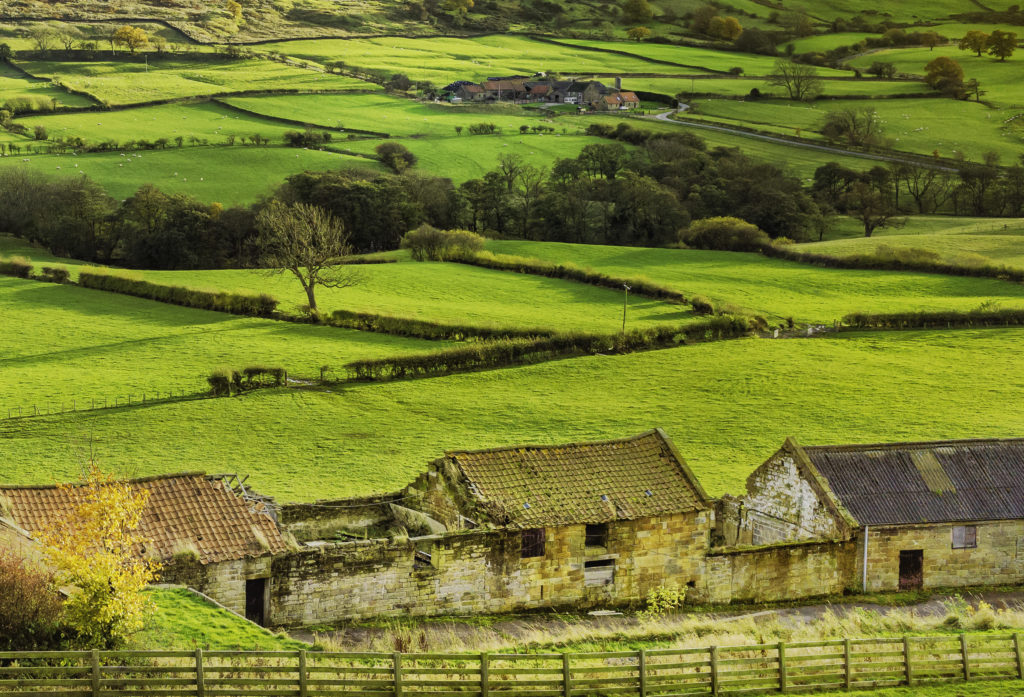
Putting a farm on the market is a once in a lifetime event for many farmers which can cause worry and anxiety. With plenty of preparation, planning and team work from everyone involved in selling the farm, any worry and anxiety can be greatly reduced.
Good advice
Without doubt, it is best to seek good legal advice when selling a farm – make sure the solicitor you use is experienced in farm sales and rural matters.
Ensure that you meet with your accountant before you decide to put the farm on the market and discuss whether there are any tax savings to be made. Selling a farm can often present an opportunity for some tax planning, but this is best done before the sale process begins. Capital allowances must also be discussed with the accountant if applicable in the sale.
Delays in sorting out tax saving schemes can have an impact on the sale of a farm, so it is best to take this into consideration at an early stage.
The solicitor, bank manager, selling agent and accountant should liaise prior to the marketing of the Property.
The selling agent should try and establish timescales at an early stage – such as setting deadlines for exchange and completion of the transaction. Exchange of contracts can be achieved extremely quickly, provided a comprehensive sales pack has been prepared prior to marketing the property.
In addition to outright sales, retiring farmers are increasingly selling their holdings to release capital and renting/leasing them back to continue to generate an income. If wishing to pursue this option, it is important to obtain tax advice early on, as it may be difficult to claim reliefs that may be available.
Sales information
A sales pack should be prepared containing the following:
· all the relevant searches
· details of any rights of way
· details of any employees
· replies to standard farm enquiries
· title to the property
· details of any rights of occupation such as grazing licences and tenancies
· details of any environmental schemes
· details of the basic payment scheme entitlements
· copy planning permissions and building regulations consents
· copy wayleave agreements
· details of any capital allowances
· details of any common rights
· details of any sporting rights
· any other supporting documents
A selling agent will need to produce an accurate Land Registry-compliant scale plan of the land and buildings to be sold.
To keep the sales process as short as possible, the sellers’ solicitor should be instructed to provide the buyers’ solicitor with as much information as practicable at the outset of the transaction.
VAT
It is important to consider what items or parts of the property are liable to a VAT charge. The buyers will want to know if VAT is being charged on the sale price – most buyers can recover VAT, but some cannot.
Tenants and employees
Most landowners will be sensitive to their sale being public knowledge, however, once the sale is complete, the Land Registry will generally show the price paid for a property on their records.
Whether or not you let your employees or tenants know that you intend to sell the farm, before any external marketing takes place is up to you, but please be aware that you may have legal obligations to inform and consult with your employees about the sale of the farm. If the business of the farm is going to continue after the sale then the employees may transfer to the employment of the buyer.
It is essential to confirm whether the sale is subject to tenancies and whether you intend any employee to continue working for the buyer. Full details of any employees or tenants should be given to the solicitor at the beginning of the sale transaction.
Tenants and agreements
Before you begin the sales process, it is worth checking that all appropriate notices have been served in respect of any tenancies. Check whether there are any rent deposits from tenants and where they are held, and also whether there are any arrears of rent to be paid.
Also, consider the importance of having a written agreements – it is in everyone’s best interests to have written agreements in place which clearly set out the agreed terms and conditions.
Contents for sale
It is good practice to list anything not included in the sale – most people will list their fixtures and fittings as part of the sales process. Try and separate out any domestic items from farm equipment – this will help to clarify the situation. Consider any items that might belong to a tenant. Changing contents or adding items to be removed after a price has been agreed can slow the sale process down.
You will also need to consider whether you will be having a farm sale at the property prior to completion or whether you will have the right to harvest a particular crop following completion.
Water – location and liability
Check whether anyone else uses your water supply and confirm what payments have been made in respect of the water supply.
It is also a good idea to have accurate and up-to-date plan showing the location of any private water supply including any boreholes, pumps, reservoir, troughs or associated pipe work.
Some buyers may be concerned about their future liability for these supplies so clarifying early on will help.
You may also be required to produce a copy of the abstraction licence and a water test result to the buyer.
Private Drainage
A plan showing the drainage pipes, location of a cess pit or septic tank and soakaway must be prepared. Ensure that you have all necessary permits in place that may be applicable.
With the right advice and preparation the process of selling a farm can be a lot quicker and go more smoothly than many would imagine.
